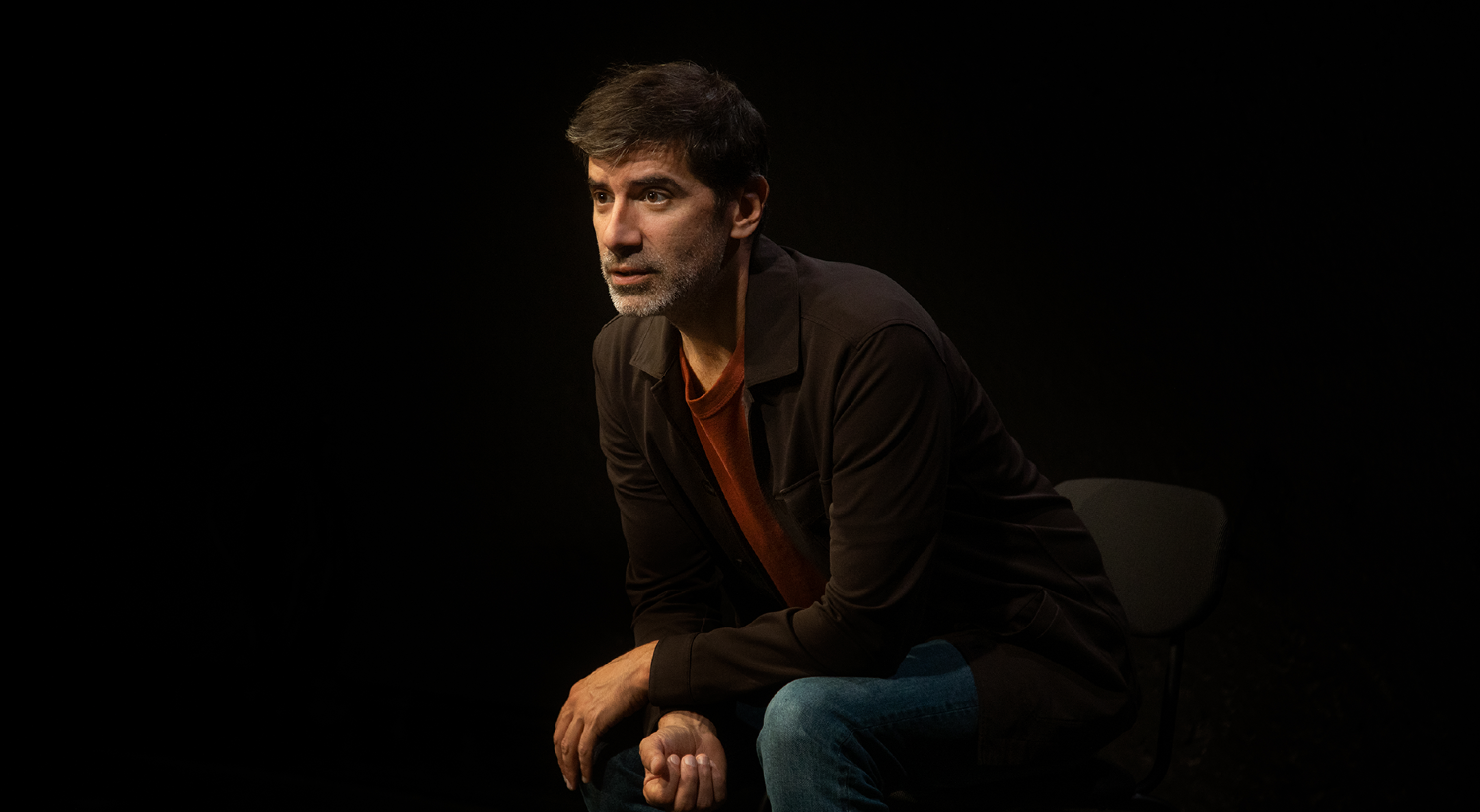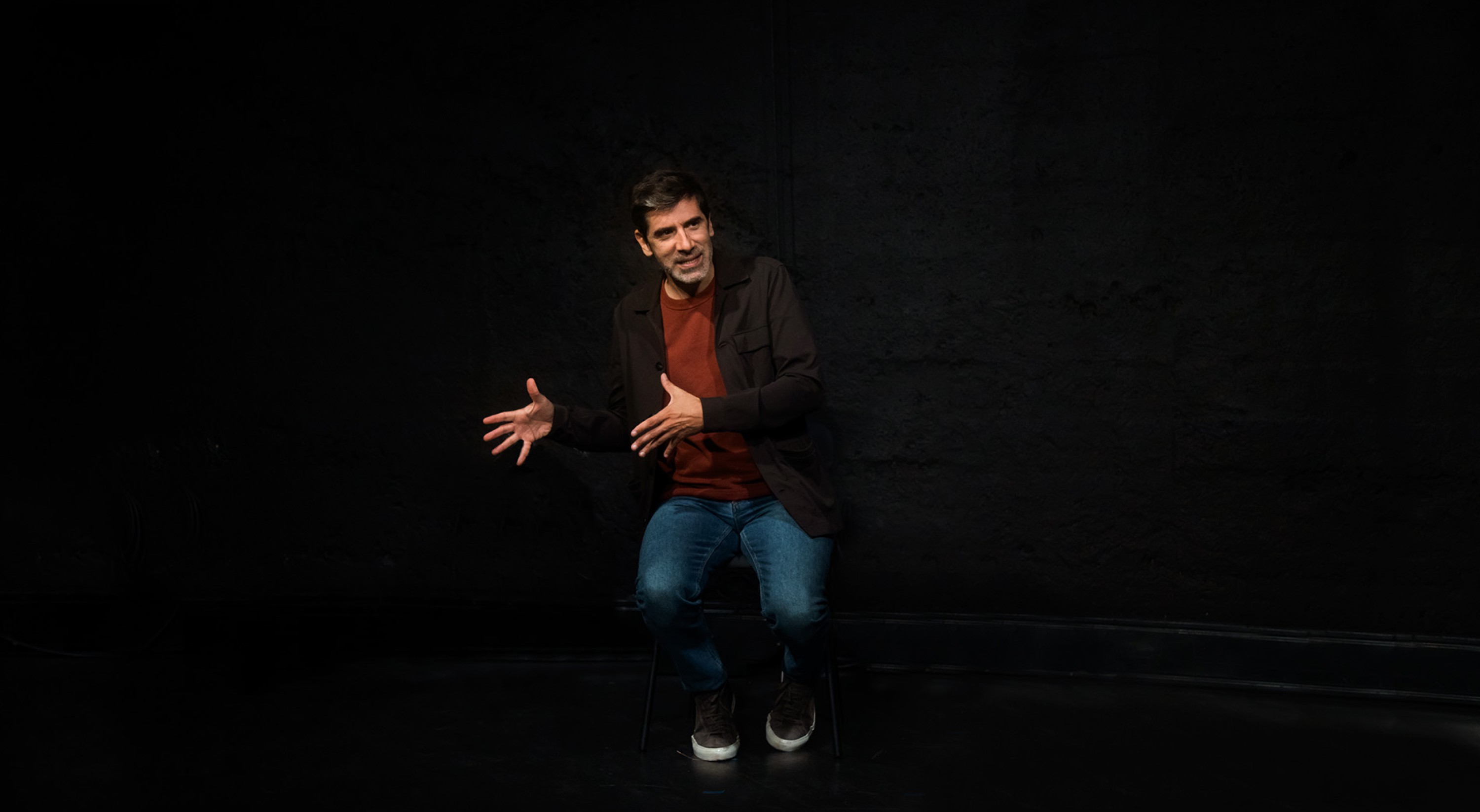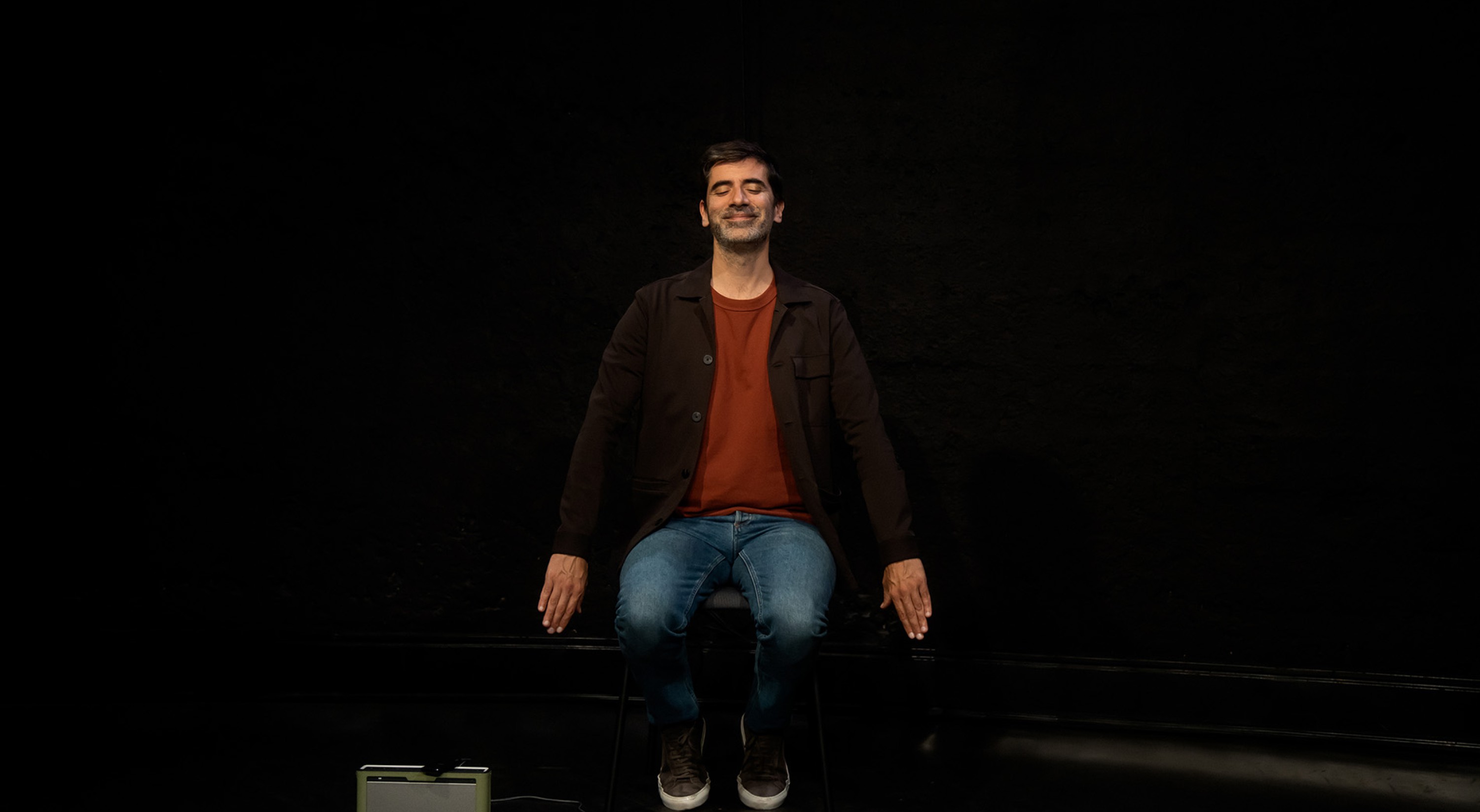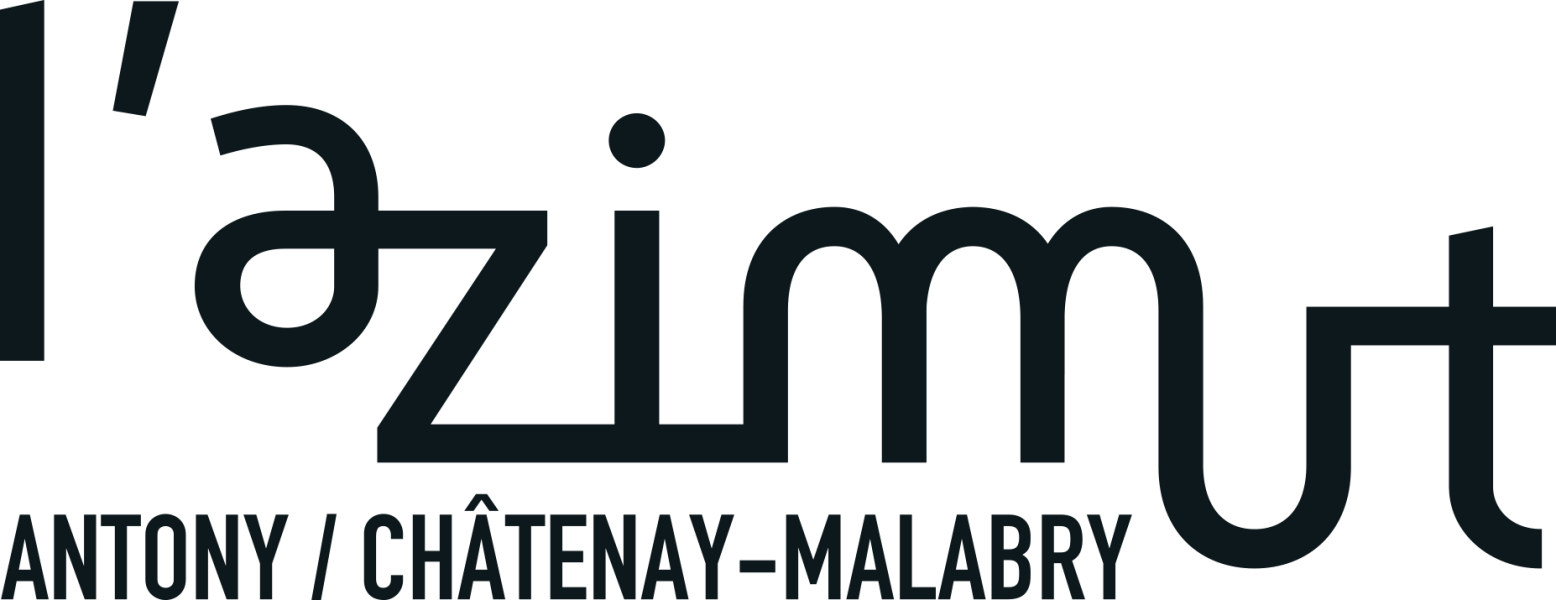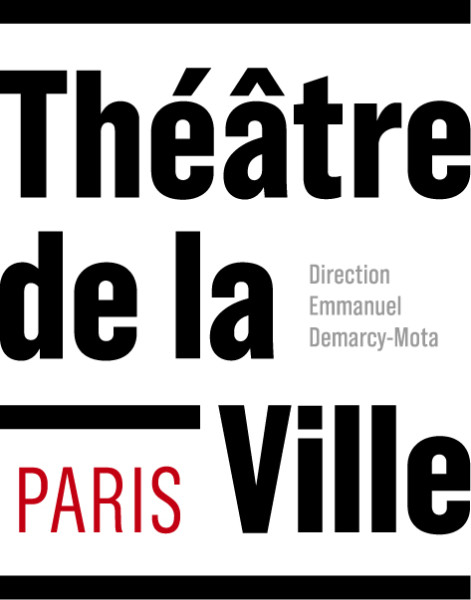Thomas Quillardet
En addicto
octoberoct 6 – 11
octoberoct 18 – 28
novembernov 15 – 16
Text and performance, Thomas Quillardet
Artistic collaboration, Jeanne Candel
Dramaturgy, Guillaume Poix
Lighting and stage management, Milan Denis
Collaborator, Titiane Barthel, Ernestine Bluteau, Frédéric Gigout et Guillaume Laloux
Production and administration director, Maëlle Grange
Production and diffusion director, Marie Lenoir
Director manager, Fanny Spiess
Produced by 8 AVRIL
Coproduced by Festival d'Automne à Paris; Théâtre de la Ville-Paris; Le Trident - Scène nationale de Cherbourg-en-Cotentin; La rose des vents - scène nationale de Lille Métropole à Villeneuve-d'Ascq
With the support of Théâtre Ouvert-Centre national des dramaturgies contemporaines; L'Azimut / Antony - Châtenay-Malabry; La vie brève – Théâtre de l’Aquarium ; Théâtre Jacques Carat de Cachan.
The Théâtre de la Ville-Paris and the Festival d'Automne à Paris are co-producers and co-presenters of this performance.
8 AVRIL is supported by the Drac Île-de-France region under the artistic and cultural performence
With the support of Fondation de France
Alone onstage, Thomas Quillardet unravels the stories of patients he encountered during an artistic residency in a hospital. He assembles a polyphony of voices in order to share in his empathy and create a radiography of what links us together.
The origins of this piece, written, directed and performed by Thomas Quillardet, stem from the experience of an immersion period in a hospital addiction unit. Lasting six months, this residency, made possible by the Festival d’Automne within the framework of its 'Assistance publique – Hôpitaux de Paris et de l'alliance Culture-Santé' partnership, was not only rich in encounters but also provided a means of reconnecting with the tools of theatre, in their simplest form of expression. For patients whom any notions of self-esteem have long since deserted them, the mere fact of moving about, affirming their presence, and casting their gaze are just some of the exercises which can help restore it. Thomas Quillardet uses this same simplicity, void of the artifices of staging, in order to relate his experiences. What form of spoken word circulates in this encounter between individuals trying to wean themselves off their various forms of addiction, over-worked hospital staff and a theatre director? In a polyphony of voices, carried along by a finely-tuned sense of rhythm, En addicto unravels stories and life histories, as well as moments of joy and emptiness. It also examines, in a documentary-style way, the institution of the hospital itself, addiction and its treatment. The same question arises: how can we ease pain?
In the same place
